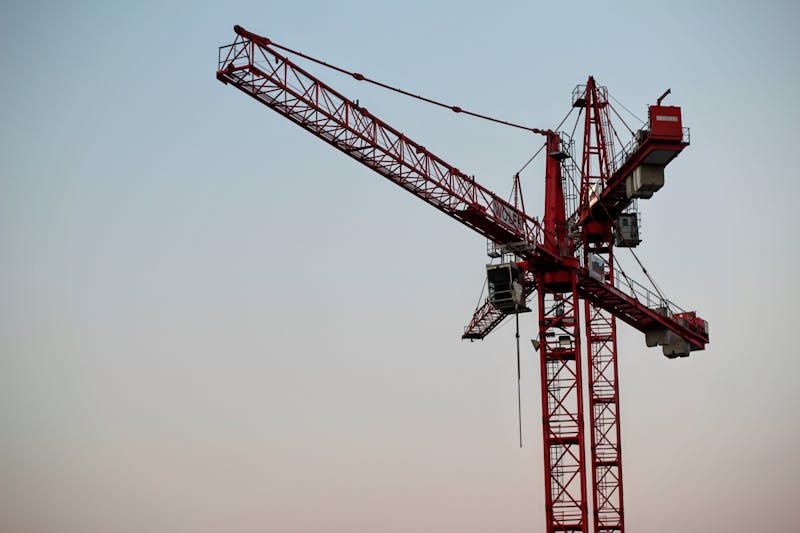According to a recent story in the Dallas Morning News, Texas leads the nation in deadly crane accidents. At least eight workers have been killed in seven different accidents in North Texas alone since 2012. In addition, at least one high-profile crane tipped over along Interstate 30 in Arlington, closing the freeway for hours. Fortunately, no members of the public were harmed in these crane incidents, but no mistake about it: things could have been much worse.
Accidents like this come as little surprise. An operator must use careful skill when to prevent catastrophic failures that can maim and kill. Texas has never been particularly heavy-handed in developing and enforcing safety training and license requirements for crane operators. Other states have adopted and enforced licensure requirements, but in a low regulation state like Texas, no statewide license is required. Basic crane safety has been left to the operator and the company hiring the operator.
The frequency of incidents in the state caught the attention of OSHA, which targeted Texas for crane inspections in a program designed to reduce severe and fatal crane injuries. According to a federal report, OSHA found that employees work-related injuries may be “far greater” than even the enhanced risk of injuries reported by employers. During 77 inspections that occurred in the region that includes Texas in 2017, 65 violations were found, with the vast majority, 71%, being serious, willful or repeated violations.
The good news is that the federal government has finally taken action to ensure minimum competency for crane operators. Since December of 2018, the federal government requires operators to pass certification before piloting a large crane. Time will tell how effective this minimum licensure requirement will be. I suspect in a culture where serious, willful or repeated violations are not dealt with harshly enough, the demands of employers and high-rise contractors will tempt companies to cut safety corners for efficiency’s sake. I hope that I am wrong, but fear that I am not.
If you are near a large crane, keep a special eye on the sky while in the zone of danger. If working around a crane, insist that the job be done right. The life you save could be your own.


